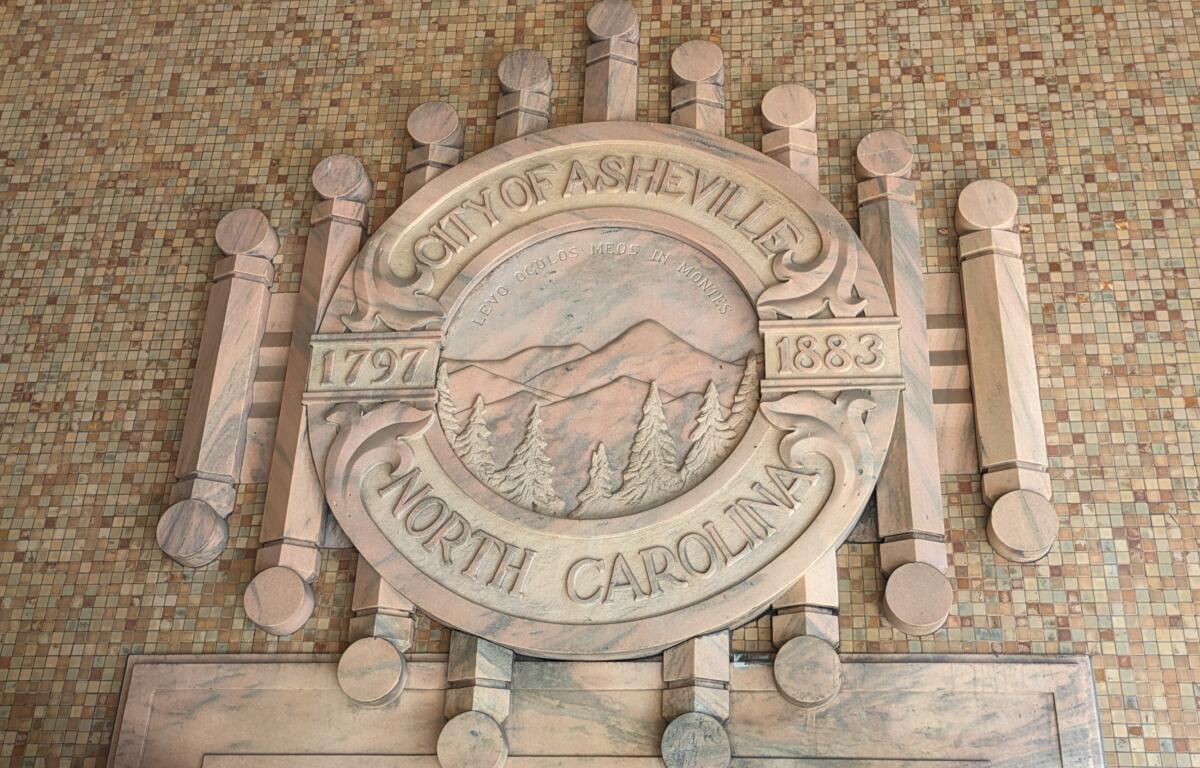ASHEVILLE, N.C. (828newsNOW) —
A harshly divided Asheville City Council voted 4-3 to approve a 0.63 cent increase in property taxes — less than the full penny being proposed — to pay for higher raises for firefighters, police and other lower-paid city workers.
Until recent days, it looked as if the city would avoid a property tax hike this year, after City Manager Debra D. Campbell proposed a budget for fiscal year 2024-2025 that relied on the use of fund balance savings to cover an across-the-board 4.11 percent increase for all city workers — with no property tax increase.
But after an organized campaign casting a spotlight on first responders doing life-saving work for less than a livable wage, City Council members directed staff to look for other options.
On Tuesday night, the council approved a revised budget proposal that will:
* Provide a $4,053 for beginning on-shift firefighters, with a 2.5 percent separation between steps in the Fire Pay Plan. The net result is to boost wages for the lowest-paid on-shift firefighters by 8.8 percent, to $50,309.
* Increase pay by 6 percent in the Police Pay Plan. That would boost wages for the lowest-paid on-shift police officers to the same amount, $50,309.
* Give all other regular, full-time permanent employees either a 4.11 percent increase or a $2,400 annual increase, whichever is greater. The flat dollar amount would mean an up to 6.3 percent boost for the lowest paid employees.
Doing so comes with a cost — a combined $1,260,000 above Campbell’s original budget proposal. And that’s where higher property taxes come in.
An option presented by staff would have raise property taxes by 1 cent, to 41.30 cents per $100 of assessed value. If approved, it would have cost the average residential taxpayer $35.08 more per year in property taxes in fiscal year 2024-2025. Covering the $1,260,000 in salary increases alone would have required a 0.63 cent tax increase. The revised budget called for making it an even 1 cent increase, raising about $2 million, in order to reduce the amount of fund balance reserves being used by $740,000.
But three council members, Kim Roney, S. Antanette Mosley and Sheneika Smith all expressed opposition to any property tax hike, saying budget cuts should be found instead. Council member Sage Turner expressed opposition to the full-penny tax increase, saying she planned to vote against it, but then proposed an amendment for a smaller, 0.63 cent tax increase, just enough to cover the pay increases.
The council then voted 4-3 to approve the budget including the smaller tax increase, with Mayor Esther Manheimer, Vice Mayor Sandra Kilgore, council members Maggie Ullman and Turner in favor, and council members Roney, Mosley and Smith dissenting.
Smith had been particularly vocal in expressing opposition to any tax increases.
“If we raise property taxes, it’s do or die for some people,” she said, calling for the council to keep looking for spending cuts instead. “People are crunched,” she said. “I do not want to raise property taxes without pulling all of our guns out.”
Before the final vote on the budget, Roney had proposed paying for firefighter raises without a tax increase.
To save $800,000 to pay for the firefighter raises, Roney proposed deferring a $300,000 transit study and reducing housing trust funds by $500,000. But colleagues said the housing trust funds recently were committed to specific projects and Mayor Manheimer said it was bad practice to “patch a hole” and pay for recurring expenses (higher salaries) with one-time revenues.
“It’s not a practice we should be practicing,” Manheimer said.
Finance and Management Services Director Tony McDowell’s presentation slides are available HERE and at the city’s website.
The vote came on the same night the council also approved creation of a Business Improvement District (BID), which will include creation of a special property tax levy within the boundaries of the downtown district.
Meanwhile, Asheville voters in November will be asked to approve up to $80 million in General Obligation bonds, including property tax increases, to pay for affordable housing, transportation, parks and recreation, and public safety facilities.
It comes at a time when both Asheville and Buncombe County officials have said cited financial headwinds in preparing their new budgets, including a slowing of sales tax revenue, high inflation and the end of Covid-19 relief funds.
As a result, Buncombe County Commissioners also are considering a 5.12 percent hike in the property tax rate, from 49.8 cents to 52.35 cents per $100 of assessed valuation.


